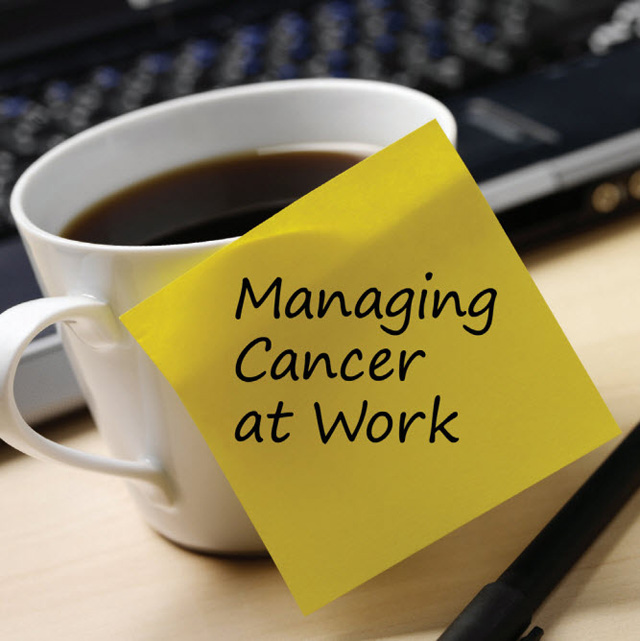Cancer At Work (The Guardian: 31/10/2017)

The Ocean Road Cancer Institute projects more than 44,000 new cases of cancer per year in Tanzania. Cancer is a public health concern that will increase in importance over the next decade as diagnosis and treatments become more successful and as the population ages. Concurrently, the employment status of cancer patients and survivors has an important implication for organizations and the individuals affected.
Work is important for employees diagnosed and living with cancer. A job can restore normality, routine, stability, social contact, and income. Remaining in, or returning to, work can also help with recovery and is important for a person’s quality of life including physical and mental health and provides social and financial support.
Cancer’s effect on an individual depends on many factors, including the primary site of cancer, stage of the disease, age and health of the individual, and type of treatment (s). The most common symptoms and side effects of cancer and/or treatment are a pain, fatigue, problems related to nutrition and weight management, nausea, vomiting, hair loss, low blood counts, memory and concentration loss, depression and respiratory problems.
Employers can make a huge difference to the working lives of employees affected by cancer. Supportive employers can help reduce the affected employee’s anxiety and give them the confidence to cope with cancer. Making reasonable adjustments can make a big difference to the staff and your organization. Reasonable adjustments could include practices such as allowing time for medical appointments. offering flexible working hours and organizing a phased return to work.
Many employees diagnosed with cancer are motivated to get back to work in order to create a sense of normalcy and control during a time when they may feel overwhelmed. Employers can address the impact of cancer in the workplace by offering the support these employees need as they deal with treatment and recovery of this disease. There are three crucial areas of support that employers should strive to offer to employees who have cancer:
- Formalize the steps that any supervisor or HR professional should take when an employee reports that he or she has cancer or another serious disease.
- Deploy a quick, coordinated response to explain company benefits and policies, paid time off, and return to work strategies such as flexible or part-time hours, job restructuring and special considerations.
- Offer Employee Assistance Program (EAP) to help the employee cope with the disease and all of the stressors that come with it to deal with the emotional impact of the disease. Cancer can bring an emotional burden on the employee and may also cause financial burdens and stress. EAP allows employees to have access to licensed Counselors and health professionals, trained to help employees with these burdens.
Reply back to bhakti@impactafya.com or call +255 754 694 643 with your feedback. We welcome your suggestions for corporate wellness tips you’d like to see covered in our future columns.
Bhakti Shah, MPH is the Founder and Managing Director of ImpactAfya Ltd, collaborating with Workplace Options and Mayo Clinic, USA to provide Corporate Wellness and EAP Solutions in East Africa. Bhakti is also the Advisor for the Africa Business Portal and the Past President of the American Chamber of Commerce in Tanzania.
Website: www.impactafya.com | Facebook, Instagram & Twitter: @impactafya
